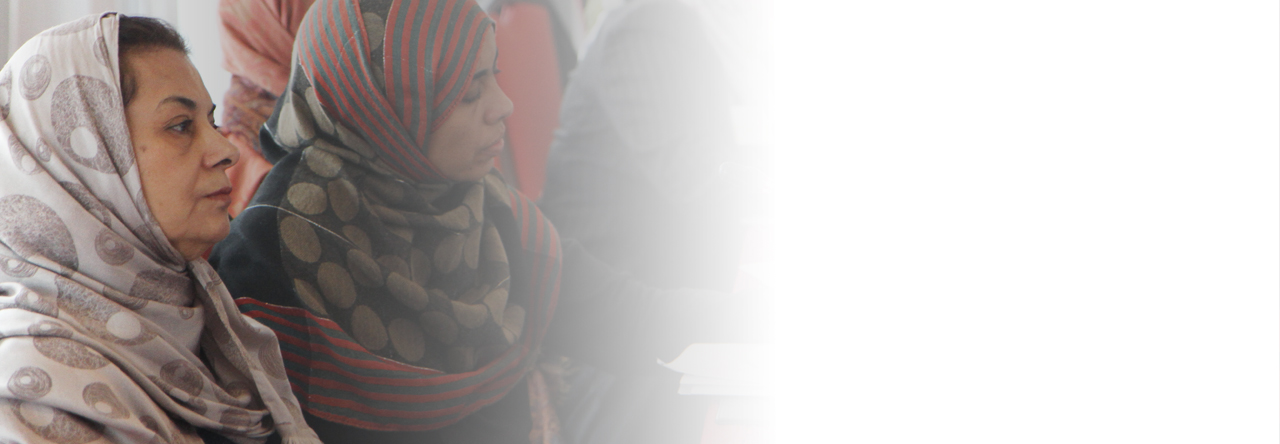Yemen: From high hopes to a humanitarian crisis
A lot has happened in Yemen since CMI began supporting the country’s peaceful development five years ago. Despite the current dire situation, activist Bahria Shamsheer continues to fight for a peaceful future.

“In this conflict there are no winners. We all lose,” Bahria Shamsheer says sadly. Having championed Yemen’s peaceful political transition for years, she is desolate about the civil war that broke out in 2014. However, this independent political activist is also a shining example of how even crises can foster changes that would have been hard to believe some years earlier.
Violence interrupts peaceful progress
Yemen is a prime example of the unpredictable and volatile contexts CMI faces in its work. A lot has happened over five years. In 2011, the Arab Spring effects spread to the country, one of the world’s poorest, leading to demonstrations and violence. After months of unrest, a historic national dialogue was convened.
With high hopes more than 500 Yemenis gathered for 10 months to discuss their country’s future. Bahria Shamsheer was among them. The participants agreed on many of the conflict issues, but not all. As the efforts to solve the remaining concerns continued Shamsheer stayed optimistic. “When the negotiations were ongoing, I trusted that we were on the way to peace,” she says. But just as the new constitution was being drafted last year, the violence returned. In late March 2015, the already dire situation took a turn for the worse as neighbouring countries became involved.
A humanitarian crisis is now a reality in the country that only a year before stood at the verge of a peaceful future. Shamsheer is afraid. “I don’t want to see polarisation destroy Yemen. It will be very difficult to rebuild the society.” Still, she intends to continue fighting for a peaceful future.
Women have the right to participate
Paradoxically, Yemen also provides an example of the silver lining that a crisis can foster. With one of the highest gender inequality rates in the world, women’s participation in any public life was until recently almost unheard of. All this changed in the run-up to the national dialogue. Women stood up for their rights and managed to ensure a 30% representation.
PARADOXICALLY, YEMEN IS ALSO AN EXAMPLE OF THE SILVER LINING THAT A CRISIS CAN FOSTER.
“Women need to struggle for their rights to participate alongside men,” Shamsheer believes and urges women to have confidence in themselves. She herself has been actively involved in CMI’s efforts to ensure that women retain their hard-won rights to be a part of Yemen’s political life. The CMI-supported group of influential women from diverse backgrounds was even able to get the political parties’ insurance that their views would be considered when preparing the constitution. Then the violence broke out.
Efforts have not been in vain
“We did not expect that the conflict would escalate to this point,” Shamsheer exclaims. Nearly all of Yemen’s 20 governorates are now affected by the conflict.
However, even during the current crisis, the enthusiastic group has demonstrated that they can make a difference. When few other avenues existed, they managed to maintain contacts among the different political groups. Bahria Shamsheer refuses to believe that all hope is lost.
“Everyone should now focus on bringing about peace,” she urges.
This article was first published as part of CMI’s Annual Report 2014-2015. The report is available here as PDF and here as a web version.